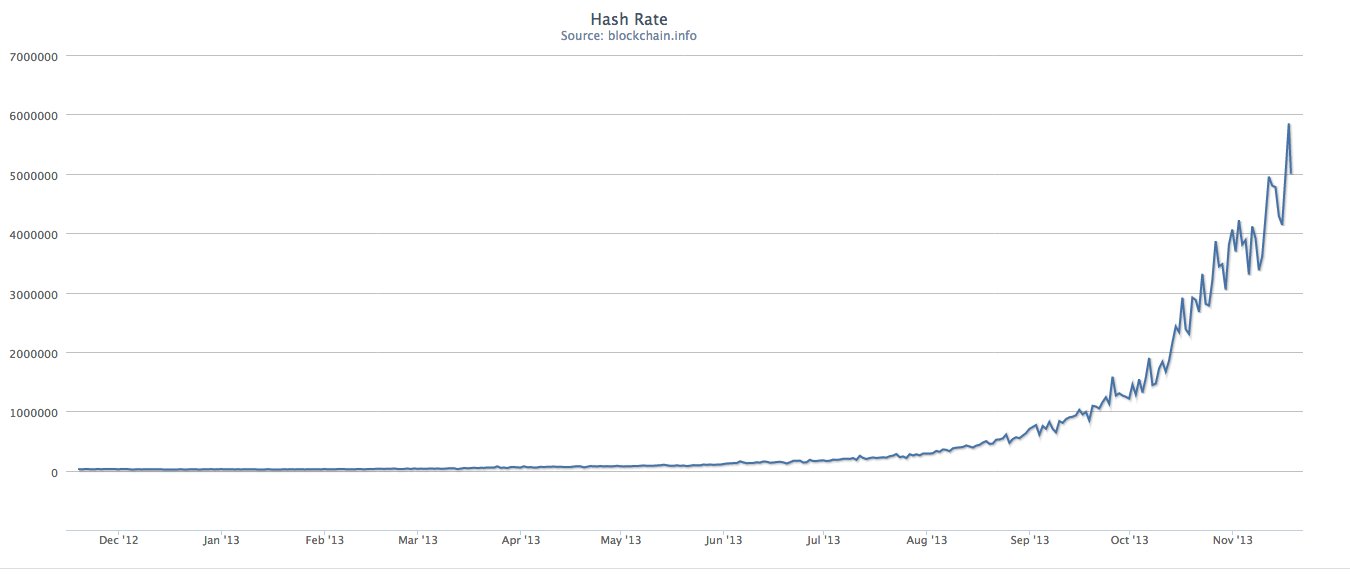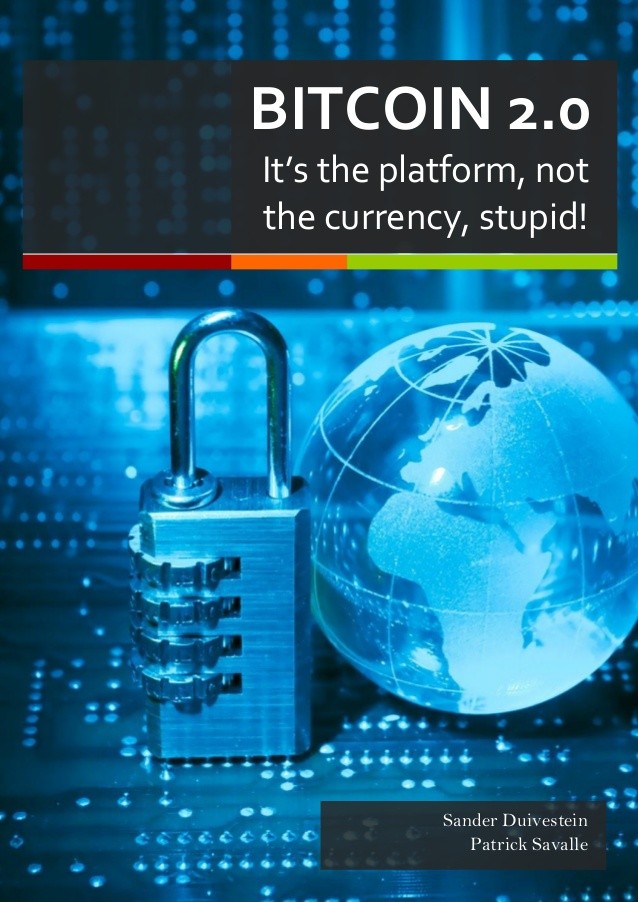The Implications of Crypto Assets Part 1 A History of Bitcoin Stock Exchanges
Post on: 5 Апрель, 2015 No Comment

January 13, 2014
As many people are beginning to realize the power of crowdfunding platforms such as Kickstarter and Indiegogo. developers from around the world are already creating new technologies that will be able to completely replace and improve upon these centralized services. Crowdfunding through an online service is pretty cool right now, but you cant use those platforms to give your investors what they really want. At the end of the day, people want to be able to get a return on their initial investment through stock valuations or dividends. With the technology behind Bitcoin, anyone will soon be able to create crypto stocks or equities that can be backed by anything from shares in a particular company to a physical asset, such as gold. This gets rid of many of the roadblocks and filters found in the financial markets. You can already write up a prospectus and post it online for the entire world to see, but decentralized exchanges can take this idea to the next level.
The History of Bitcoin Stock Markets
Before we get into the details of what could happen in the future, we must take a look at what has already happened in the world of Bitcoin stocks. Although we do not yet have the holy grail of decentralized exchanges, we do have a few centralized versions of Bitcoin stock exchanges, which are quite interesting to explore. These Bitcoin stock exchanges allow us to get a glimpse of what will be possible with decentralized crypto assets. To attract investors on a Bitcoin stock exchange, all a person has to do is write up a business plan and explain how they are going to make money for their shareholders. There were many scams and “pump and dump” situations in the early days of these crypto equities, but these centralized stock exchanges were also the birthplace of investment opportunities in many respectable companies, such as ASICMiner and Satoshi Dice .
Global Bitcoin Stock Exchange
The Global Bitcoin Stock Exchange, or GLBSE. was the first major player in the crypto equity space. Access to the exchange was originally restricted to command line prompts, but it eventually grew into a full web interface. Although many, some would say most, of the assets issued through this service were complete scams, it also introduced a brand new concept to the financial world. Entrepreneurs who wanted to start companies were able to go to GLBSE, create shares of their company within minutes, and then issue profits to investors in the form of dividends. This system worked for over a year without any hiccups, but it was eventually brought down by the creator of the exchange over legal concerns. Since one of the founders of GLBSE lived in the UK, he asked for legal advice regarding his online, anonymous stock exchange. Obviously, the advice he received was to shutdown the exchange immediately to avoid accusations of money laundering, operating a stock exchange without a license, and other criminal offenses.
MPEx and Satoshi Dice
During the time that GLBSE was enjoying its rise to fame, another exchange was also operating under the radar. MPEx is a unique exchange because it offers cryptographic security for investors and asset issuers through PGP. This means that anyone who interacts with the site could potentially remain somewhat anonymous. Many people would point to the initial offering for Satoshi Dice as MPExs main claim to fame. Satoshi Dice was one of the first businesses to ever operate strictly in the Bitcoin world, and it is still used today by thousands of Bitcoiners around the globe. Its basically a provably fair dice game where users can bet bitcoins on a random number generated by the Satoshi Dice website. Satoshi Dice generated roughly $500,000 worth of profits in 2012, but the shares were eventually bought back from investors. After the buyback process was finalized, the company was eventually sold to an anonymous individual for $11.5 million worth of bitcoins.
BTC-TC and Bitfunder
BTC-TC and Bitfunder were the two most widely used Bitcoin stock exchanges in 2013, and they were both viewed as replacements for GLBSE. These exchange platforms were active during the period of time when governments started to take a closer look at Bitcoin as a whole, which is why both of them were eventually shutdown by their owners. The fact that the two most popular crypto stock exchanges were shutdown voluntarily goes to show that there is definitely a need for decentralized exchanges in the world of cryptocurrencies.

Havelock and Cryptostocks
Even with all of the issues found in centralized crypto stock exchanges from the past, there are still two major players in this space. Havelock Investments is owned by The Panama Fund, which is a licensed private investment company based in Panama. This licensed and above-board operation is probably the best possible version of a centralized Bitcoin stock exchange. Cryptostocks works in the kind of legal gray area that weve seen in the past from the likes of BTC-TC and Bitfunder. Although these two choices give investors incredible options when compared with more traditional financial markets, the reality is that we can still do better.
The Problems with Centralized Bitcoin Stock Exchanges
There are a few different issues that pop up with centralized Bitcoin stock exchanges. While they do a wonderful job of allowing people to issue shares instantaneously for any kind of asset, they also come with that central point of failure. New features of the Bitcoin protocol, which are currently being built, will be able to avoid the need for a centralized exchange authority. Many of the issues found in a centralized exchange are similar to the issues of a centralized currency. The technology behind Bitcoin needs to be applied to the exchange market for the following reasons:
- Regulation – Weve seen most versions of centralized Bitcoin stock markets succumb to the regulations around issuing securities in various parts of the world. While Havelock Investments is currently operating in what seems to be a completely legal manner, they certainly arent collecting information about their users for KYC and AML purposes. There is nothing that could stop the US Government from going down to Panama and shutting down the operation, just like they went down to Costa Rica to shutdown Liberty Reserve. Without that central point of failure, the exchange cannot be shutdown. This is also one of the main selling points of Bitcoin.
- Censorship – Centralized exchanges have the final say when it comes to whether or not a users asset will be allowed on the market. Censorship is impossible in a decentralized exchange because it is nothing but software. There is no entity acting as a filter between the assets that are created and the assets that make their way onto the exchange.
- Fees – The last thing to consider is that centralized exchanges come with fees. Centralized exchanges will oftentimes have a fee attached to each trade. There could also be fees for withdrawing and depositing funds to and from the exchange. With a decentralized exchange, there are little, or perhaps zero, fees.














